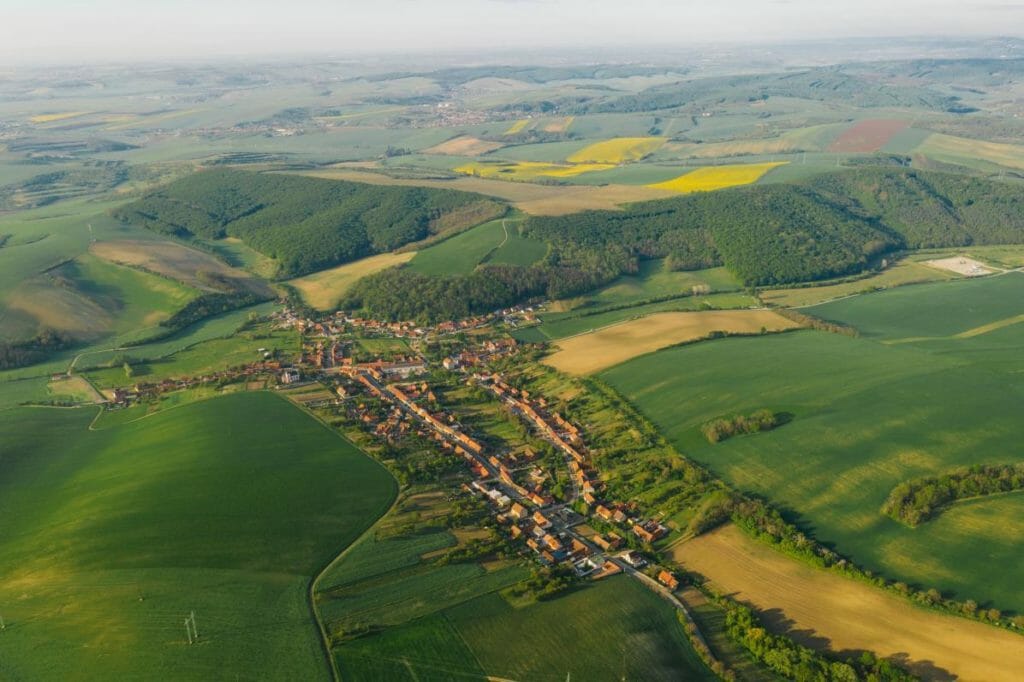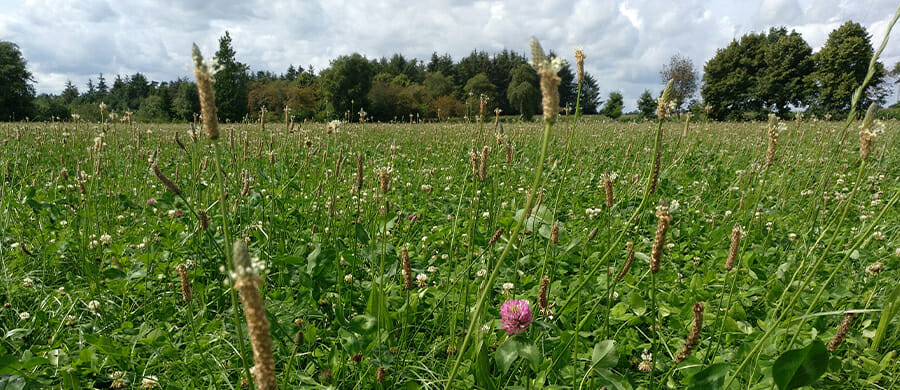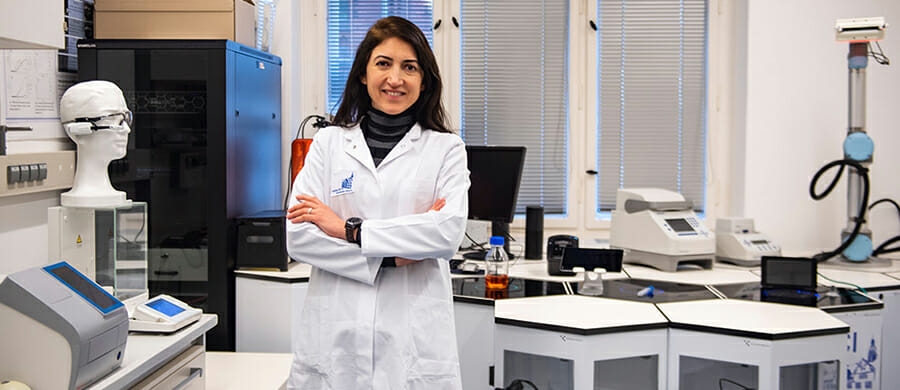UNIVERSITY OSNABRÜCK
Institute for Environmental Systems Research
DATA & FACTS
Project
FRAMEwork (2020-2025)
Scientific contact
Prof. Dr. Stefanie Engel
EU-Funding line
Horizont 2020
Projektleitung: Prof. Dr.-Ing. Arno Kwade
Projektname: „Li-Ion Pilot Lines Network“ (LiPLANET)
Keywords: Energie, Mobilität, Partner
FRAMEwork
Osnabrück University is involved in a large-scale EU project
The dramatic losses of biodiversity can also be attributed to the type and extent of land management. The EU-funded project “FRAMEwork” aims to develop an approach in which farmers work together collaboratively to improve biodiversity on European farmland in the long term. The environmental economists Prof. Dr. Stefanie Engel and Dr. Fabian Thomas, both from the Research Center Institute for Environmental Systems Research at the University of Osnabrück, are taking on an important sub-project to design incentives for farmers to participate in collaborative activities to increase biodiversity.
A total of 18 partner institutions in eleven countries are involved in “FRAMEwork”, which will be funded over five years with a total of eight million euros. The researchers want to work closely with farmers, citizens and political decision-makers.
The “FRAMEwork” project focuses on the challenges of managing biodiversity at landscape level. The scientists are building on the success of the innovative “Farmer Cluster” in Great Britain. These are regional groups of farmers who, supported by an advisor, develop their own solution strategies to improve biodiversity on their agricultural land. Joint meetings of the clusters serve, among other things, to discuss the latest research results and to improve networking among farmers.
The Osnabrück sub-project is about finding out which factors influence the success of the farmer cluster approach and which role public and private incentives can play. For this purpose, before- and after-comparisons are carried out in seven newly founded clusters in seven countries. “We are investigating whether farmers’ attitudes towards biodiversity-promoting practices and their self-image change as a result of participating in the cluster approach,” says Prof. Dr. Stefanie Engel, leader of the work package for Osnabrück University.
At the end of the project, a digital information center will also be created to provide users with useful information on biodiversity management on agricultural land across Europe and Great Britain, as well as to enable better networking between the individual groups. “The aim is that the approach will continue to find supporters and that further groups will form even after the end of the funding”, says the contact person of Osnabrück University Dr. Fabian Thomas.

Author:
Dr. Fabian Thomas
Date:
22.03.2022
this might also interest you …

ProjeCt: BEeSPOKE
The overall objective of BEESPOKE is to increase levels of pollinators and crop pollination at local and landscape scales by providing land managers and policy makers with new expertise, tools and financial knowledge to create more sustainable and resilient agroecosystems. Insect pollination is worth €15 Billion in the EU but wild pollinators are declining…

Project: decades
The chemical industry is currently facing the challenging transformation of replacing classic, chemical manufacturing processes based on petroleum with sustainable, bio-based products, in line with the concept of a circular bioeconomy. Solvents, in particular, play a crucial role in the chemical industry along the entire production chain.
